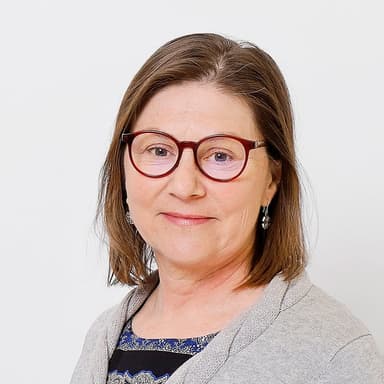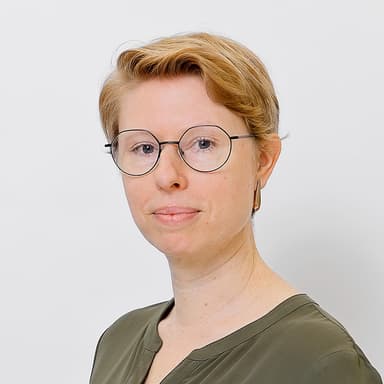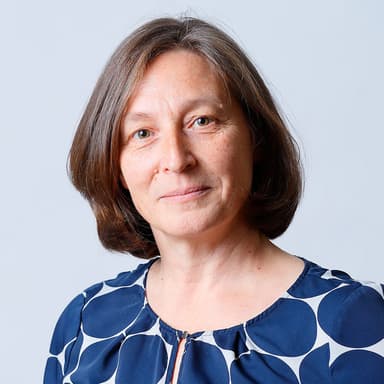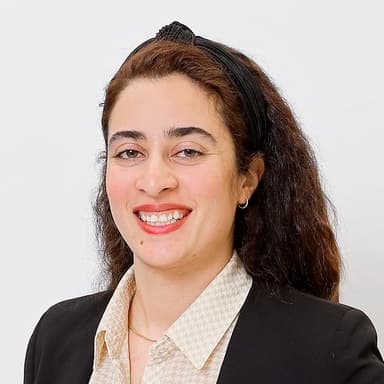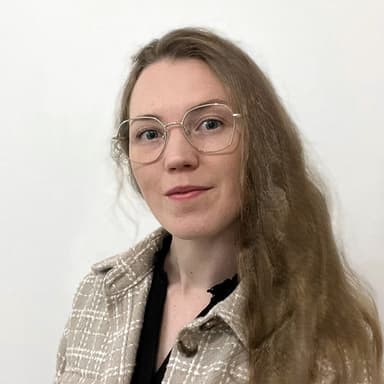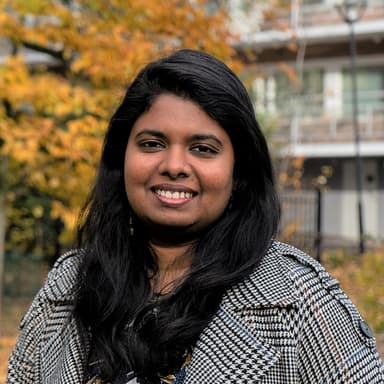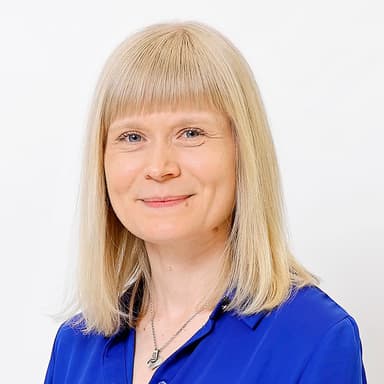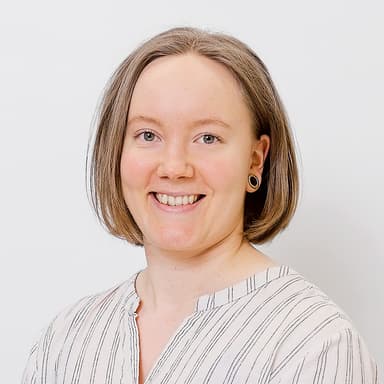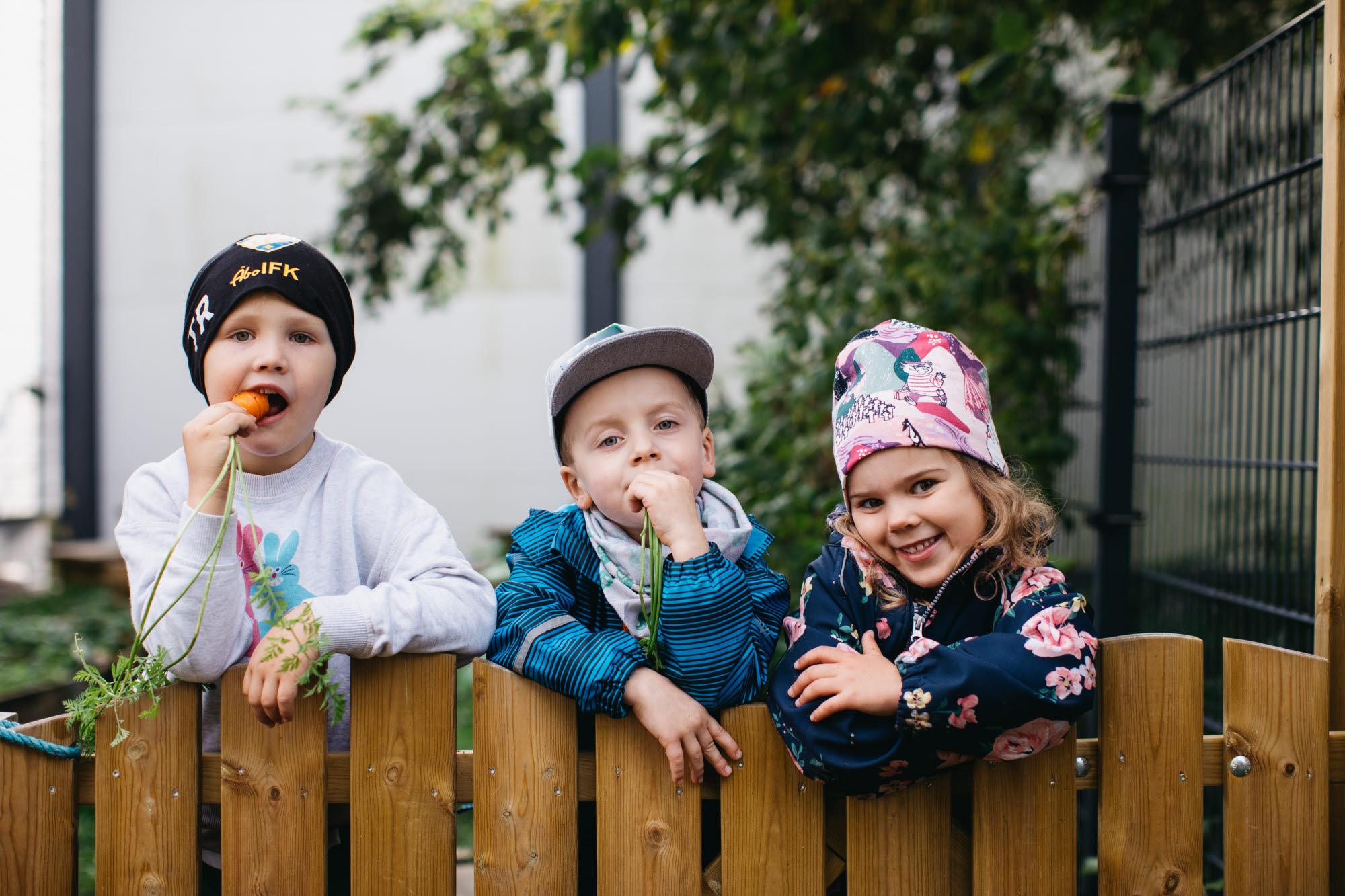
DAGIS – Increased Health and Wellbeing in Children, Families and Educational Settings
Our research
A cross-sectional survey (DAGIS Survey) of preschool children was conducted in 2015–2016. In 2017–2018 we conducted DAGIS Intervention study which was a 5–month intervention promoting preschoolers’ health behaviours and self-regulation skills. The DAGIS Survey participants were followed-up in 2023, aged 11–14, in the DAGIS Next study.
In school year 2023–2024 DAGIS Salo study was conducted in Salo among schoolchildren at grades 3 to 6. The study followed up intervention participants and simultaneously all schoolchildren were invited to the cross-sectional study.
DAGIS is a consortium study focusing on health and wellbeing in early childhood education and school children in Finland.
The DAGIS project is especially interested in following children’s health behaviours, including fruit and vegetable intake, intake of sugar-sweetened (everyday) foods and drinks, physical activity, sedentary behaviour, screen time, sleep, and wellbeing and investigating how they are associated with socioeconomic status background. The DAGIS project has investigated the preschool as a setting for health promotion to improve health behaviours and decrease socioeconomic differences among children for these behaviours.
The DAGIS project started in 2014. A needs assessment, including a cross-sectional survey of over 800 children and parents across eight municipalities in Finland, was carried out in 2015–2016 (responsible researcher Reetta Lehto). The DAGIS survey study collected data on health behaviours , weight and wellbeing in Finnish 3–6-year-old preschool children, alongside data on home and preschool environment. Survey findings were used to design an intervention program, which was carried out in 2017–2018 as a randomised controlled trial in preschools across two Finnish municipalities: Salo and Riihimäki (responsible researcher Carola Ray). The intervention aimed to improve children’s health behaviours and self-regulation skills and to decrease socioeconomic differences in health behaviours.
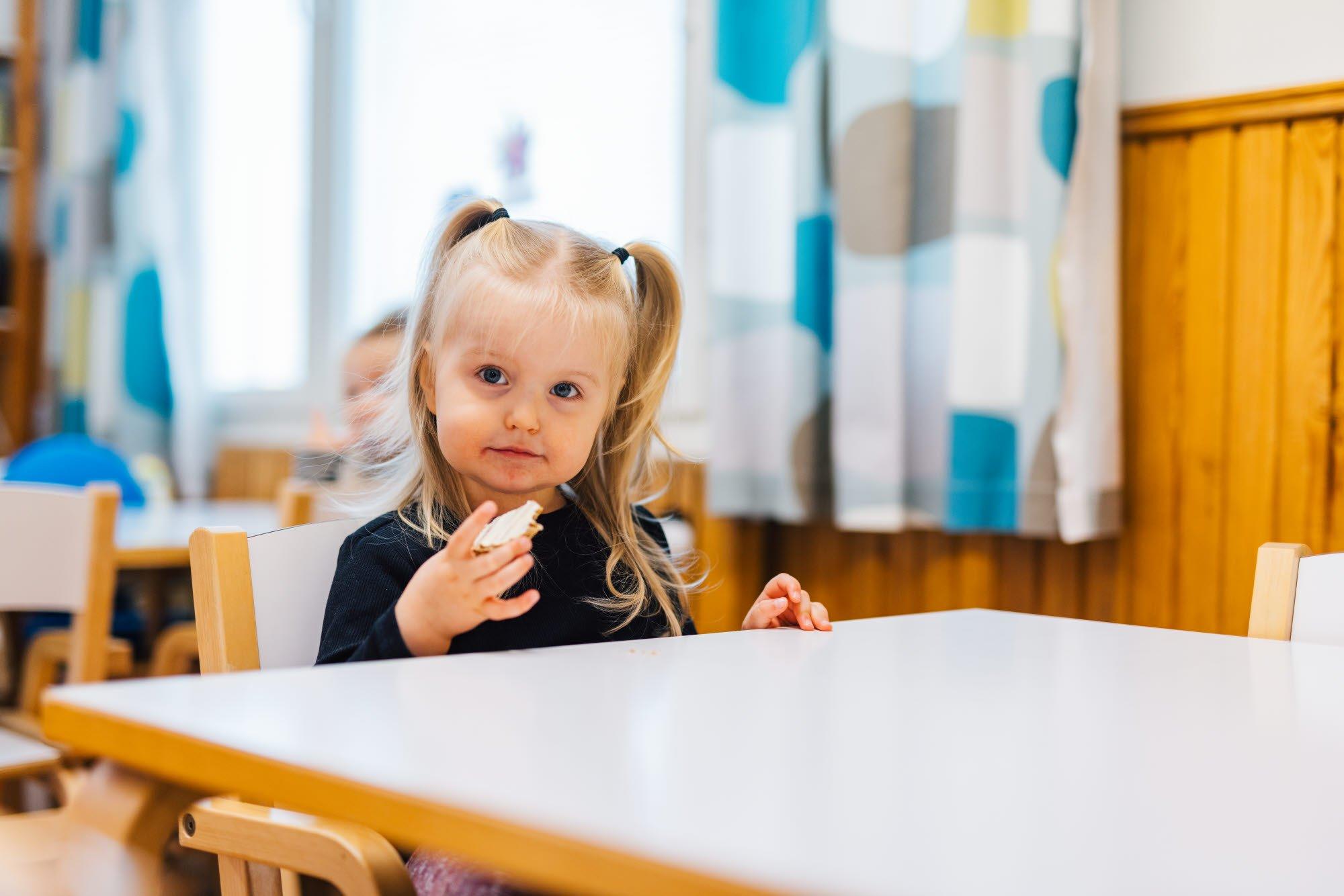
Data collection for the DAGIS project continued in 2023 by following up participants in the DAGIS Survey study, and the study investigates the relationship between circadian rhythms, eating, sleeping, and adiposity among the now 11–14-year-old adolescents (responsible researcher Reetta Lehto). The relationship between early childhood diet and allergies and asthma will also be investigated in the same study.
The participants in the DAGIS intervention (2017–2018) were followed up in the autumn 2023 and spring 2024. All primary schools in the Salo municipality took part in the follow-up study DAGIS Salo (responsible researcher Carola Ray). The aim of the DAGIS Salo follow-up study is to identify past and present environmental and individual factors related to health behaviours, wellbeing, weight, and learning among schoolchildren.
The DAGIS consortiumalso is led by prof Eva Roos and the other parts are University of Helsinki, led by prof Maijaliisa Erkkola and University of Eastern Finland, led by prof Nina Sajaniemi.
Data protection statement for participants
Kort om studien på svenska
DAGIS-studien har fokus på ökad hälsa och välbefinnande bland daghems- och skolbarn i Finland. DAGIS är särskilt intresserad av att följa levnadsvanor såsom frukt- och grönsaksintag, intag av sockerberikade livsmedel och drycker, fysisk aktivitet, stillavarande/skärmtid och stressreglering samt hur de är förknippade med socioekonomisk status.
Read more
Group Leader
Senior Scientists
Postdoctoral Researcher
Visiting Scientists
Anna Abdollahi
Maryam Rastegar
Tuuli Sarvanne
Essi Skaffari
Ilse Tillman
Doctoral Researchers
Henna Launistola
Nithya Serasinghe
Staff
Associations of chronotype and socio-demographic factors with timing of eating in Finnish preschool-aged children.
Tillman I, Maukonen M, Ruokolahti AM, Vepsäläinen H, Ray C, Rahkola J, Roos E, Erkkola M, Lehto R. European Journal of Nutrition. 2025.
Associations between parent–child outdoor visits and preschool-aged children’s screen time: a cross-sectional study.
Launistola H, Lehto R, Engberg E, Björkqvist J, Rahkola J, Simonsen N, Wackström N, Tilli E, Roos E, Ray C. Journal of Activity, Sedentary and Sleep Behaviors. 2025.
Parental self-efficacy, parental restrictions and young children’s food consumption: does socio-economic status play a role?
Serasinghe N, Vepsäläinen H, Lehto R, Björkqvist J, Erkkola M, Roos E, Ray C. Appetite. 2025.
Vegetable-Related Parenting Practices, Parenting Style and Preschoolers’ Vegetable Consumption: Cross-Sectional Associations and the Moderating Role of Parenting Style.
Rahkola J, Lehto R, Vepsäläinen H, Abdollahi AM, Björkqvist J, Tilli E, Serasinghe N, Gubbels J, Burnett AJ, van der Borgh-Sleddens E, Roos E, Erkkola M, Ray C. Maternal & Child Nutrition. 2025.
Investigating preschool-aged chronotype and social jetlag as predictors of early adolescent diet and BMI z-score: an eight-year follow-up from the DAGIS study.
Abdollahi AM, Merikanto I, Vepsäläinen H, Li X, Tilli E, Peltonen H, Tillman I, Ray C, Björkqvist J, Roos E, Lehto R, Erkkola M. International Journal of Obesity. 2024.
A tendency toward evening chronotype associates with less healthy diet among preschoolers: cross-sectional findings from the DAGIS study.
Abdollahi AM, Xinyue L, Merikanto I, Vepsäläinen H, Lehto R, Rahkola J, Nissinen K, Kanerva N, Roos E, Erkkola M. SLEEP Advances. 2024.
Association of the timing of evening eating with BMI Z-score and waist-to-height ratio among preschool-aged children in Finland.
Rahkola J, Lehtimäki A-V, Abdollahi AM, Merikanto I, Vepsäläinen H, Björkqvist J, Roos E, Erkkola M, Lehto R. British Journal of Nutrition. 2023.
Comparison of actigraphy-measured and parent-reported sleep in association with weight status among preschool children.
Abdollahi AM, Li X, Merikanto I, Leppänen MH, Vepsäläinen H, Lehto R, Ray C, Erkkola M, Roos E. Journal of Sleep Research. 2023.
Role of early childhood educators’ demographic characteristics and perceived work environment in implementation of a preschool health promotion intervention.
Gustafsson J, Ray C, Lehto E, Roos E, Lehto R. Archives of Public Health. 2023.
The role of parental congruence in pre-school children's screen time, moderated by parental education.
Burnett AJ, Ray C, Lehto R, Leppänen MH, Sajaniemi N, Erkkola M, Roos E. Acta Paediatrica. 2023.
Maijaliisa Erkkola, Professor, University of Helsinki, Finland
Nina Sajaniemi, Professor, University of Eastern Finland, Finland
Jessica Gubbels, Associate professor, Maastricht University, the Netherlands
Sanne Gerards, Associate professor, Maastrich University, the Netherlands
Gisela Nyberg, Professor, Gymnastik och Idrottshögskolan, Stockholm, Sweden
Eva Warensjö-Lemming, lektor, Uppsala universitet, Sweden
Alissa Burnett, PhD, Associate professor, Deakin University, Australia
Kaija Nissinen, Yliopettaja, Seinäjoen Ammattikorkeakoulu
Katri Sääksjärvi, PhD, Institute of Health and Welfare (THL), Helsinki, Finland
Leena Koivusilta, Adjuct Professor, University of Turku, Finland
Ilona Merikanto, Docent, Research Programs Unit (RPU) of the Faculty of Medicine, University of Helsinki
Samfundet Folkhälsan
Research Council of Finland
Juho Vainio Foundation
Life and Health Medical Fund (Medicinska Understödsföreningen Liv och Hälsa)
Signe and Ane Gyllenberg Foundation
Suomen Kulttuurirahasto
Yrjö Jahnssonin säätiö
The group's external website: dagis.fi
Contact us

Mirkka Maukonen
Postdoctoral Researcher
Public Health
+358 44 488 3058
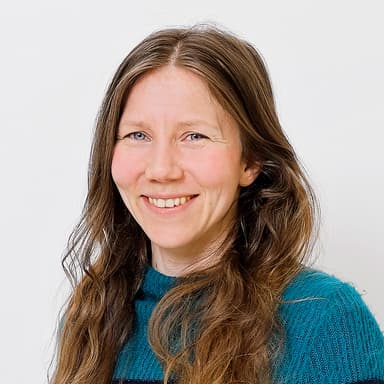
Henna Launistola
Doctoral Researcher
Public Health
